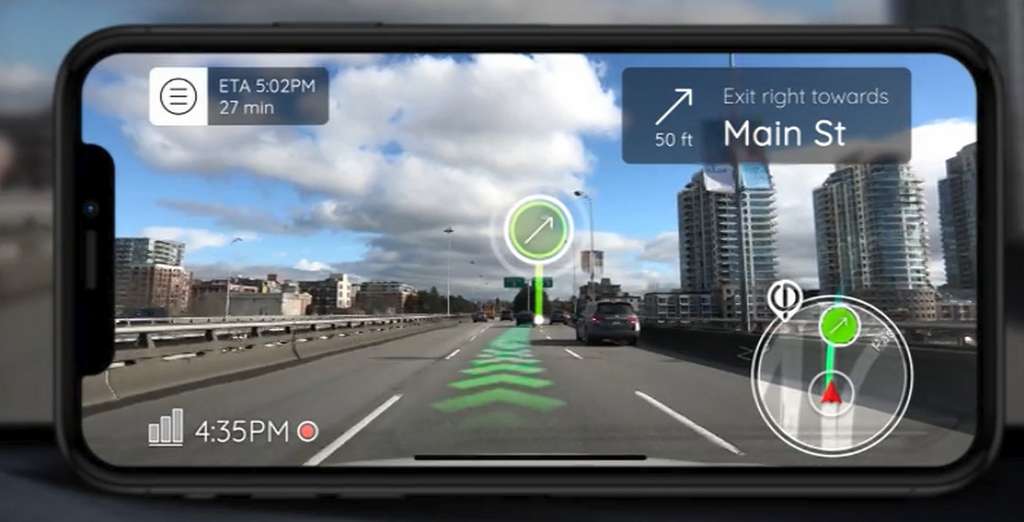|
Electric vehicles (EVs) have emerged as a groundbreaking solution to the environmental and economic challenges associated with traditional fossil-fueled vehicles. With advancements in technology and growing concerns about climate change, electric vehicles are gaining popularity worldwide. This article explores the transformative impact of electric vehicles on transportation. The rise of electric vehicles can be attributed to several factors. Firstly, EVs are environmentally friendly since they produce zero tailpipe emissions, reducing air pollution and mitigating the adverse effects of greenhouse gas emissions. This makes electric vehicles a crucial component in the fight against climate change. Secondly, advancements in battery technology have significantly improved the performance and range of electric vehicles. Lithium-ion batteries, which are commonly used in EVs, have become more efficient and affordable over the years. As a result, electric vehicles now offer comparable or even superior performance to their gasoline counterparts, with longer driving ranges and quicker acceleration. Moreover, the expanding charging infrastructure has addressed one of the major concerns surrounding electric vehicles – range anxiety. Governments and private companies have invested heavily in building public charging stations, making it easier for EV owners to find charging points and recharge their vehicles. Additionally, home charging solutions have become more accessible, allowing EV owners to conveniently charge their vehicles overnight. Another key advantage of electric vehicles is their lower operating costs compared to conventional cars. Electricity costs are typically lower than gasoline prices, resulting in significant savings for EV owners. Furthermore, electric vehicles have fewer moving parts and require less maintenance, leading to reduced service and repair expenses. The adoption of electric vehicles has not only benefited individual consumers but also society as a whole. EVs have the potential to decrease dependence on foreign oil and enhance energy security. Additionally, the widespread use of electric vehicles can lead to a reduction in noise pollution, creating quieter and more livable cities. However, there are still some challenges that need to be addressed for electric vehicles to become more mainstream. The high upfront cost of EVs remains a barrier for many consumers, although prices are gradually decreasing as technology advances and economies of scale are realized. Additionally, the limited availability of fast-charging stations in certain regions can hinder long-distance travel with electric vehicles. In conclusion, electric vehicles are revolutionizing transportation by offering a sustainable and efficient alternative to conventional cars. With zero emissions, improved performance, and expanding charging infrastructure, EVs are poised to play a significant role in creating a greener future. As technology continues to advance and costs decrease, electric vehicles are likely to become even more prevalent, transforming the way we move and reducing our carbon footprint.  |
